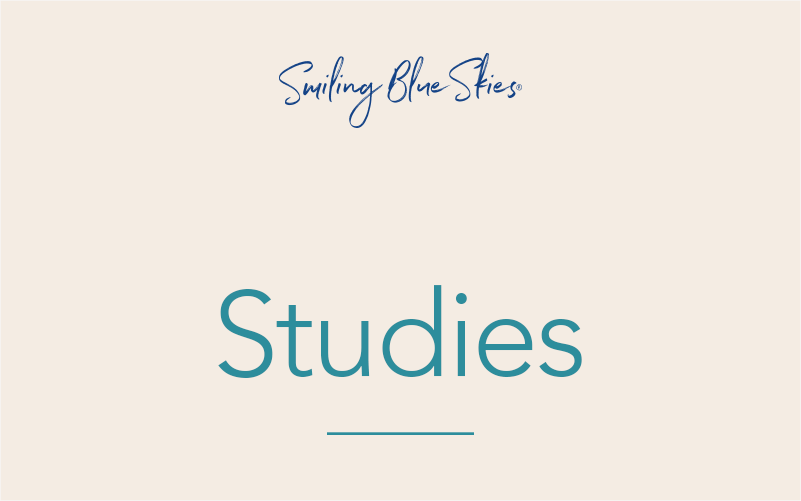DR. GEOFF WOOD — PATHOBIOLOGY
OVC research supported by Pet Trust is investigating ways to counteract the effects of a protein associated with the ability of cancer cells to resist chemotherapy in dogs with osteosarcoma. An aggressive and very painful bone cancer in both dogs and people, osteosarcoma mainly affects the limbs and carries a grave prognosis. Even with aggressive treatment that typically includes amputation followed by chemotherapy, most patients die within a year due to the spread of cancer to the lungs and other organs. However, about 10 per cent of patients survive significantly longer after treatment, even though their tumours appear to be no different from those of short-lived patients. In a previous study, OVC researchers found that a gene called PRKAR1a, which is normally made by canine bone tumours, is not produced by tumours from long-surviving dogs. In human bone cancer, the lack of this gene is associated with better chemotherapy response as well. PRKAR1a plays a role in autophagy, a state in which cells “self-consume” some components and recycle them to survive when they are under extreme stress. In cancer, this process has been linked to the ability of malignant cells to survive chemotherapy, then start growing again once treatment is over. This project will use bone cancer cell lines grown in the laboratory to test the ability of drugs to inhibit autophagy and enhance the cancer-killing ability of chemotherapy. The goal is to discover the best therapy combinations for future clinical trials in dogs with bone cancer.

